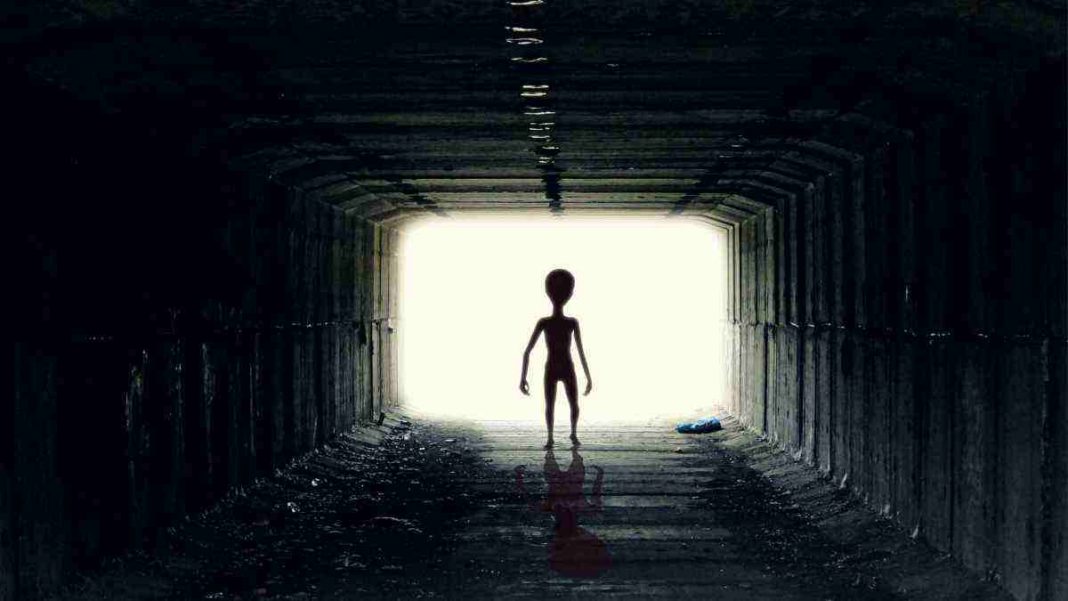JAPAN: In an attempt to establish contact with extraterrestrial life, astronomers in Japan are on the edge of their seats as they await a potential response to a message sent into space four decades ago.
The ambitious endeavor, led by Shinya Narusawa and his team at the University of Hyogo, aims to unravel the mystery of whether intelligent beings exist beyond Earth.
The intriguing story dates back to August 15, 1983, when Professors Masaki Morimoto and Hisashi Hirabayashi from Japan utilized Stanford University’s cutting-edge antenna to send a series of radio signals into the cosmos.
The transmission included not only data but also 13 intricate drawings detailing Earth’s history and the appearance of humanity. This groundbreaking act was a significant leap in humanity’s efforts to make contact with potential extraterrestrial civilizations.
Today, the torch has been passed to Narusawa and his team, who are strategically stationed in Saku, Nagano Prefecture, armed with a colossal 64-meter-wide antenna.
Their mission is to detect any radio signals that may be indicative of a response to the 1983 message. Their focus? Altair, a distant star situated 16.7 light years away in the Aquila constellation.
The timing of this venture couldn’t be more fitting, as the team’s efforts align with the Tanabata festival, a revered celebration in Japan held on the seventh day of the seventh month according to the Lunar Calendar.
The festival, known as the ‘star festival,’ adds a layer of cultural significance to the cosmic exploration, combining science and tradition in a unique way.
The remarkable advancements in our understanding of exoplanets since the 1990s are what motivate Narusawa’s optimism. The existence of these far-flung worlds has fueled speculation that intelligent life might indeed thrive beyond Earth.
Altair, in particular, shines as a beacon of hope due to its potentially habitable planet. This makes it a prime contender for hosting extraterrestrial life, an idea that has captured the imagination of scientists and enthusiasts alike.
The backdrop to this venture is bittersweet, as Professor Masaki Morimoto, a pioneer in the field of the search for extraterrestrial intelligence (SETI), sadly passed away in 2010.
His legacy lives on through the continuation of his work and the dedication of scientists like Narusawa who carry the torch forward.
As the clock ticks down to August 22, anticipation and excitement mount among the scientific community and beyond.
The outcome of this ambitious effort remains uncertain, but what’s undeniable is the unwavering human spirit of exploration, curiosity, and the quest for knowledge.
Also Read: Scientists Offers New Explanation for Why We Haven’t Found Aliens Yet



